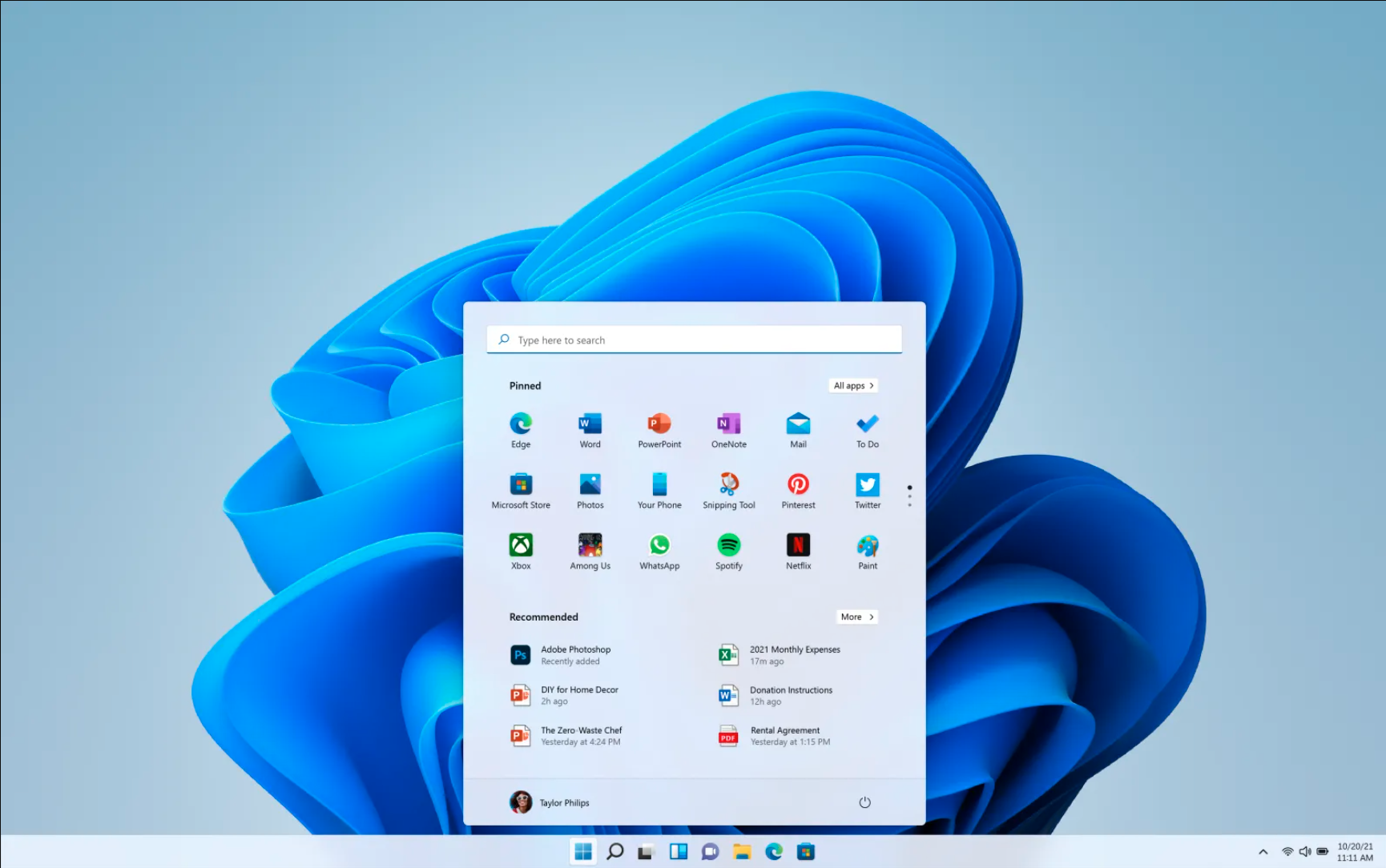Windows 11 doesn’t support old chips will affect hundreds of millions of devices
Regarding the Windows 11 hardware requirements to support the TPM security chip, Microsoft has made a detailed description in the blog and confirmed that the old computer cannot support it.
The Trusted Platform Module is a security hardware chip or firmware, which is usually built into the processor and needs to be turned on through the relevant settings of the motherboard.
Microsoft stated in its official document that to upgrade Windows 11, at least TPM version 1.2 or higher is required, and the compatibility check shows that the system needs to support TPM version 2.0.

Image: Microsoft
If it is version 1.2, most old computers can be supported, and if 2.0 is required, computers produced before 2017 cannot be upgraded to Windows 11.
At present, there are still disputes over whether TPM version 1.2 or version 2.0. The main reason is that the minimum requirement of TPM version 1.2 is stated in the Microsoft support document and the compatibility check tool requires version 2.0.
But Microsoft has stated in its blog that computers that do not support the Trusted Platform Module will be able to participate in the Windows 11 preview program for testing this month.
However, it is limited to testing, these devices cannot be supported after Windows 11 is officially released, and end-users must reinstall the system to restore Windows 10.
It can be seen from this that Microsoft has actually decided to give up support for old computers, and it is impossible for hundreds of millions of users of old computers to replace hardware immediately. Windows 11 cannot be used for the 7th generation and older versions.
Windows 11 can run on the following AMD and Intel processors:
- Intel 8th, 9th, 10th, and 11th generation series of Core, Atom, and Celeron processors. Server processor includes Xeon Skylake SP, Xeon Cascade Lake-SP, Xeon Cooper Lake-SP, and Xeon Ice LSP.
- AMD Ryzen 2000, Ryzen 3000, Ryzen 4000, Ryzen 5000, Thread Ripper 2000-3000, EPYC 2/3 generation.
Among them, the release time of Intel’s 8th generation Core processor is Q4 of 2017, which basically must be devices released in 2017 and later to support the new version.
So if you are using an old computer, unfortunately, you may not be able to upgrade, you can only continue to use Windows 10 until the end of support in 2025.





